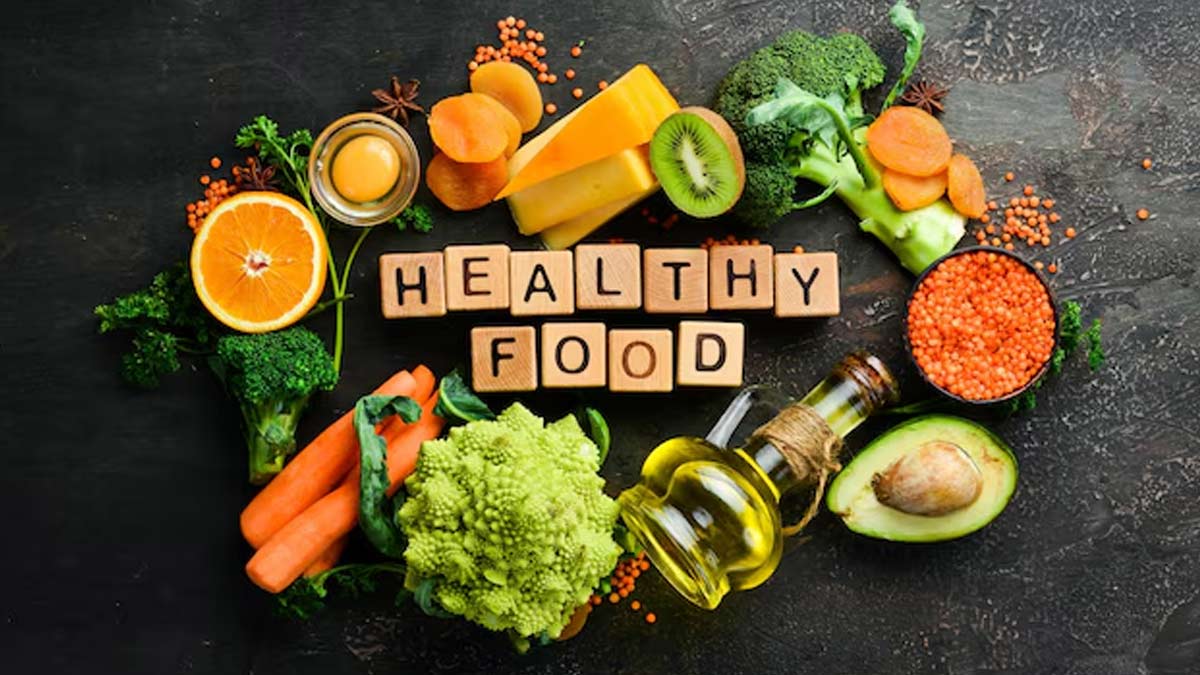
Chronic inflammation is increasingly recognised as one of the leading contributors to many types of cancer, including colorectal and colon cancers. This is because continuous low-grade inflammation damages cells, generates reactive oxygen species, disrupts the normal cell-cycle checkpoints, and thus contributes to the development of pre-cancerous cells. According to research, experts reveal that the foods we eat-particularly how inflammatory or anti-inflammatory our diet is, influence our risk of colon cancer.
Table of Content:-
Link Between Anti-Inflammatory Diet And Colon Cancer Risk
According to a foundational paper by Tabung et al., researchers examined the Dietary Inflammatory Index (DII), which is a score of how pro vs anti-inflammatory your diet is, in relation to colorectal cancer risk. They concluded that individuals in the highest (most pro-inflammatory) DII category had about a 40 % higher risk of CRC, compared with those in the lowest (most anti-inflammatory) category. Additionally, for every 1 point increase in DII, the risk increased by approximately 7%.
Also Read: Boost Your Heart Health: Top 5 Cholesterol-Fighting Foods for Breakfast

More recently, a new study from the Dana‑Farber Cancer Institute (Boston) found that among patients with stage III colon cancer, people whose post-treatment diets were less inflammatory had significantly better overall survival compared to those whose diets were more pro-inflammatory. And, in the worst dietary quintile (most pro-inflammatory), the risk of death was 87 % higher than in the most anti-inflammatory quintile.
Moreover, a meta-analytic work published in 2025 showed that for the highest versus lowest DII levels, colorectal cancer risk increased by approximately 43 %, and even for each unit increase of DII, there was a measurable uptick in risk.
What Is an Anti-Inflammatory Diet?
Researchers explain that an anti-inflammatory diet is high in:
- Leafy green vegetables, cruciferous vegetables, legumes, whole grains, fruits
- Nuts, olive oil, fish, tea, coffee
- Low in refined grains, processed meats, red meat, sugary beverages
For example, in the Dana-Farber study, the anti-inflammatory diet included higher consumption of coffee, tea, leafy greens and vegetables. On the other hand, pro-inflammatory diets were higher in red and processed meats, refined grains, and sugar-sweetened drinks.
Also Read: Worried About Your Blood Sugar Levels? Here's How Portion Control Will Help

However, these studies also note important caveats. Most of the evidence is observational, which means that we can observe associations but cannot claim the cause. The dietary assessment is based on self-report, using food-frequency questionnaires, and assessing the inflammatory potential of diet is particularly complicated.
Other lifestyle factors count too, such as physical activity, body weight, smoking, alcohol intake, and genetics, all these contribute to colon cancer risk. Studies also reveal that physical activity acts synergistically.
Additionally, the dietary pattern is only one of those aspects, and the risk of colorectal cancer also depends on screening, genetics, gut microbiome, and many non-dietary factors.
Bottomline
While it's no magic bullet, evidence suggests that adopting a diet with lower inflammatory potential may meaningfully reduce the risk of colon cancer, and also improve survival after colon cancer, along with other healthy practices.
Also watch this video
FAQ
1. Does an anti-inflammatory diet mean to be vegan or vegetarian?
No, the concept is not strictly vegetarian; rather, it emphasises the balance and quality of the foods. For example, lean fish, olive oil, coffee or tea, vegetables, and whole grains are all part of many anti-inflammatory patterns. It doesn't require avoiding animal-based foods but rather favours limitations in highly processed meats, sugary drinks, and refined grains.2. How big is the effect of diet on the risk for colon cancer?
People consuming the most pro-inflammatory diets had about a 40 % increased risk of colorectal cancer compared with those consuming the most anti-inflammatory diets, according to meta-analyses. Studies on colon cancer suggest that those in the worst diet group had an 87 % higher risk of death compared to the best diet group. However, diet is one of many factors, screening, physical activity, genetic risk,and and body weight all matter too.3. Does an anti-inflammatory diet help even after colon cancer has been diagnosed?
Yes, early evidence suggests it does. According to a study, stage III colon cancer patients who followed a less inflammatory diet after treatment had better overall survival. Additionally, this diet is best used as part of an integrated treatment and lifestyle plan advised by oncologists and dietitians.
How we keep this article up to date:
We work with experts and keep a close eye on the latest in health and wellness. Whenever there is a new research or helpful information, we update our articles with accurate and useful advice.
Current Version
Nov 13, 2025 11:38 IST
Published By : Tanya Srivastava
